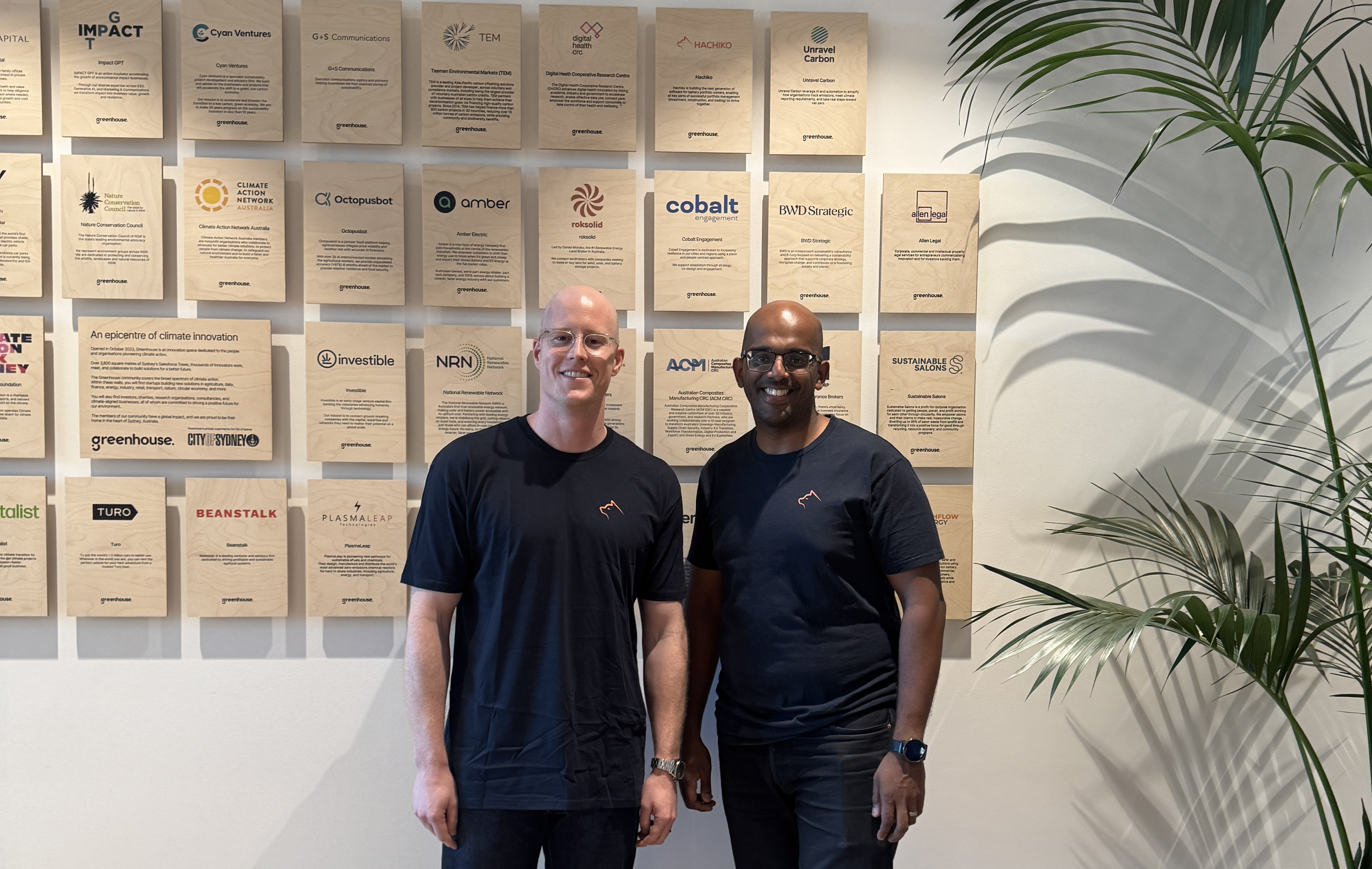Are you investible? 5 Takeaways from our Investibility Masterclass
By
Investible
October 2, 2019
Have you wondered about the difference between startups that secure millions of dollars in investment and those that don't?
It all comes down to the founders’ ‘investibility’ – their ability to understand what investors are looking for and provide it to them.
Having worked with thousands of startup founders around the world and made 70+ early-stage investments, we have gained valuable insight and data into what makes a business ‘investible’. In fact, along the way we developed the Investibility Index – a 16-point methodology that covers the factors that improve founders’ chance of securing investment.
Recently, we held a special masterclass in partnership with General Assembly in Sydney to explain what angel investors want to see from startups and what founders can do to build their relationships with investors.
Here are some of the key learnings from the session:
Co-founder ‘chemistry’ actually involves a bit of science.
Having the right founder or founder team has more impact on startup success than any other factor. That’s why investors assess founders’ experience, skills, attributes, attitudes, vision and values to determine their likelihood of success.
But it takes more than just a gut feeling to get it right. At Investible, we use the scientifically-formulated Fingerprint for Success (F4S) framework to analyse the key attitudes and motivators driving a founding team. The F4S tool assesses founders across forty-eight different components, modelling the results against the behaviours of the world’s most successful entrepreneurs. This helps both us and the founder understand the factors that will help them realise success, and the blindspots that once identified, can be addressed and mitigated to avoid challenges along the way.
For instance, founders who are motivated by financial success or their ability to trust their gut and take initiative tend to have a higher chance of success as entrepreneurs. But remember, the score is a measure of what motivates you – not your skills or competencies – and it takes all kinds to make a strong founder team.
Be aware of how investors will evaluate your business
There are nine business factors that investors will want to explore more deeply before investing in a startup. These include the strength of the founder team, the specifics of your business model, the traction you’ve achieved, your understanding of the competition and factors related to your specific industry. Other factors include your plans and projections, your tech and other assets, the risks associated with your business or industry and your wider team of advisers and employees.
The relative importance of each factor varies depending on the growth stage of the business but those who can effectively communicate across each of these areas will have a better chance of success.

Don’t be afraid to share early
When we talk to founders, many admit that they are concerned about protecting their intellectual property and business ideas. While we understand why founders might feel this way, the reality is that you will gain much more from discussing your ideas with others who might be able to help than you stand to lose.
It is critical that founders seek feedback from potential customers and investors, especially in the early-stages. It is rare for founders to come up with truly revolutionary or completely unique ideas, so it’s unlikely that you have much to risk from discussing the problem you want to solve and how you think you can solve it. Getting real feedback from potential customers enables you to fine-tune your product-market fit and ensure you’re creating a solution that the market needs.
Begin engaging with investors well before you’re ready to raise capital
There’s a good saying about startup investment, “If you want money, ask for advice. If you want advice, ask for money.” This holds true for our investment team and many of our partners. Engage with investors before you’re ready to raise capital – take them on your business journey by asking for (and actioning) their advice.
Capital raises often take much longer than founders expect – and this ends up diverting their focus away from critical parts of their business. Connect with investors well ahead of your capital raise to initiate the relationship and seek out feedback that will help you fast-track the capital raising process down the track.
Maintain your investor relationships.
Many of our investments have been in startups in which the founders actively maintained a relationship with us and provided regular updates to our investment team. That’s because an investor who understands the many ways in which your business has succeeded and overcome the inevitable challenges that come with running startup is better able to see your business in context.
Investors who know your business well are also more likely to want to help your business in the future – whether it’s via direct investment, an introduction to another investor or key customer or another form of support. Establish a regular cadence of communication, such as every other month, and stick to it to keep investors in the loop.
Conduct your own due diligence before approaching investors or accepting investment
Investing in a startup is never a one-sided deal, at least for quality investors. Your investors should be able to provide more than capital – such as valuable introductions, additional resources, and long-term support and guidance. At the very least, an investor should never hinder your ability to secure follow-on investment.
Investors take weeks or months to conduct thorough due diligence on startups. Likewise, founders should do their own due diligence before accepting investment. Ask to be connected with other founders in their portfolio, or reach out directly on your own and ensure you’re comfortable with their expectations.
If you’re a startup founder who is ready for seed funding, consider applying to Investible for further assessment. And if you would like more tips on how to increase your chance of securing capital, check out our post on How to not mess up a capital raise.
Read more: WORK180 cofounder Gemma Lloyd shares her advice on how to find the RIGHT investor for your business.





